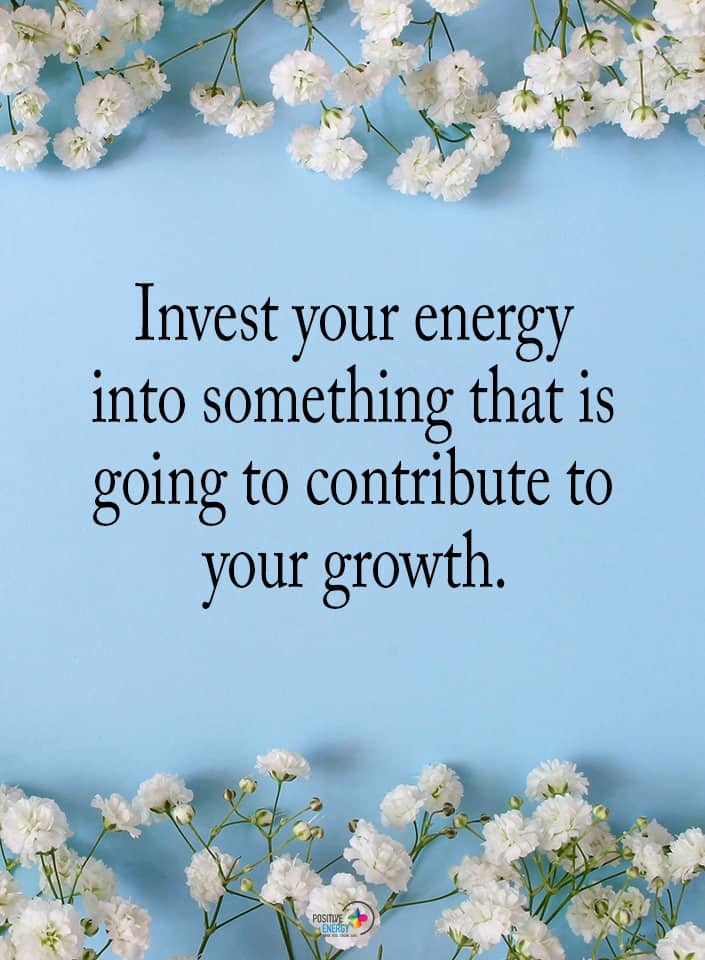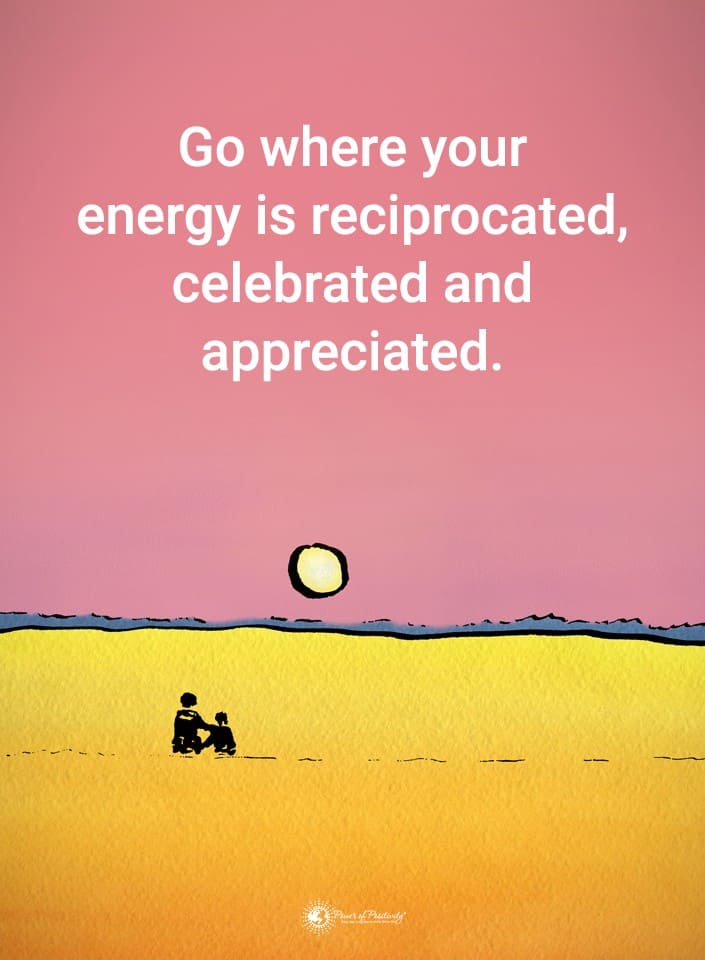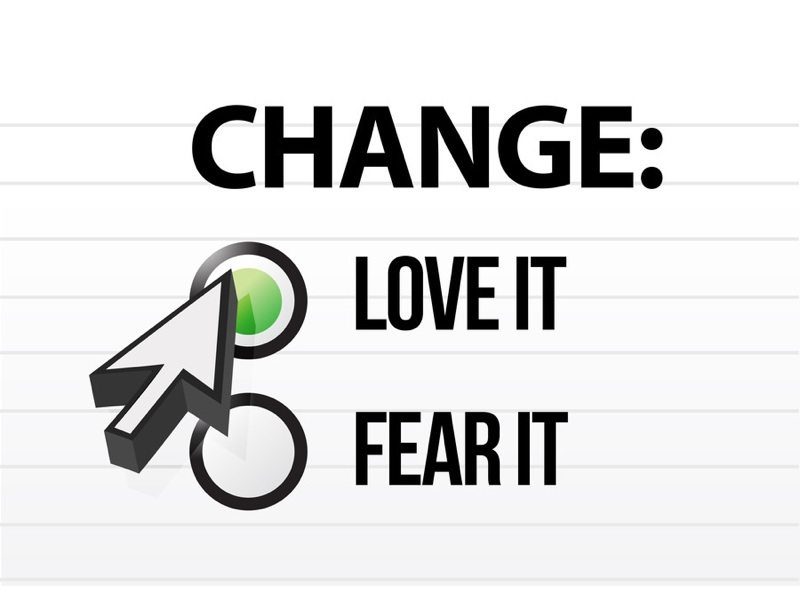Did you know that the energy drink market is a $7 billion per year industry? That’s billion, with a “b”. The market is expected to reach $21 billion by 2017. That’s an absolutely mindboggling number. Monster, Rockstar, and other companies have created a multi-billion dollar revenue stream off of nothing more than a potent mix of water, sugar, caffeine and other legalized stimulants. The energy drink industry is ‘Exhibit A’ of the energy crisis that faces almost all of us.
Energy drink companies have managed to seriously profit off of an underlying, systemic problem within our society: a lack of energy. This lethargy that many of us experience is a by-product of a get-up-and-go society – one in which we must work more to earn less – all while still managing our daily obligations. It is more common nowadays for someone to have two jobs, get less sleep, and have less leisure and family time. In other words, there are too many things to do and not enough time to do them.
While the current economic trends do not show any signs of changing, there are things that we can do to increase, conserve, and expend our energy more wisely. One aspect of this is recognizing and abstaining from toxic, energy-draining habits.
Here are 11 commonly toxic habits that drain your energy:

1. Worrying about the insignificant
We’ve all hear this phrase before: “Don’t sweat the small stuff.” This is simple in theory, but difficult in practice.
Worry and anxiety go together like peas and carrots. Like many of our tendencies, worry is genetically encoded in our DNA. The only difference is, while our ancient ancestors worried about being attacked in the wild, we worry about our jobs, families, health, money, and a multitude of other things.
The answer lies in separating the significant from the insignificant worry. There’e no need to overthink everything. If a legitimate concern needs rectifying, then take action ASAP. On the other hand, realize that the fly buzzing around your keyboard will probably go away, just like any other tiny worry.
2. Allowing the past to rule
You may indeed have experienced some very difficult situations in the past. Some of us have even experienced trauma from these events.
Here’s the thing: you will never fully embrace your present and future without confronting the past. To confront the past, you must first realize the importance of doing so. Underlying emotional and mental complications require the seeking of either personal or professional (therapeutic/medical) help.
Once you’ve realized its importance and perhaps even sought help, you must let go of the past and focus on the future. Realize two things: (1) you are stronger than you think, and (2) you are stronger having gone through the fire. You are now more prepared to encounter whatever challenges may face you going forward.
3. Resisting change and growth
Resisting change and growth can usually be traced to feelings of losing control and excess uncertainty.
There really is no other solution other than to realize your potential, and then focus your efforts on reaching your potential. This includes focusing, day in and day out, on each small task until you reach your goals. Eventually, this task-oriented focus becomes a habit, manifesting itself into achievement and success.
4. Participating in drama and negativity
Drama and negativity can be internal or external; in isolation or in the company of others. Regardless of its orientation, drama and negativity is detrimental to your energy.
If its source is internal, remember that you are not your negative thoughts. Our brains are incredibly complex and, as result, much of our thinking is impulsive in nature. The secret is in understanding this simple fact and allowing these thoughts to simply fade away.
If external, eliminate the source – stop hanging around and allowing negative people into your inner circle. Lend an ear if needed, but don’t participate in the negativity or the drama.
5. Using fear as an excuse
Fear can be the reason that you are not achieving what you want. Rationally confronting fear is one of the best ways to not only manage your energy, but achieve success.
Often, fear is as automatic as negative thinking. When you take conscious control over your thoughts and confront fear, you are in essence making yourself stronger. The answer lies in taking action towards what you want in life…effectively putting fear in the distant background
6. Taking things personally
Being social creatures, we often define ourselves through the relationships that we have. These relationships will vary in effectiveness and intimacy. In other words, there are people that we just “connect” with, and those that we don’t.
A lack of connection with someone does not necessarily mean that they dislike you personally…often times this isn’t the case. There is probably a difference in personality, social interaction, or something else. Don’t take things personally.
7. Remaining on auto-pilot
According to a 2010 study featured in Psychology Today, human’s brains are on “autopilot” nearly half of the time. In other words, our minds are wandering from one thing to the next.
The most significant find from the study is that people are the unhappiest while on autopilot. The takeaway? Being mindful and present in what you do. Being present is a habit; something that is a skill to be learned and one that innately resides in us.
Being mindful is not difficult, remembering to be mindful is. But when we remember to be mindful, we increase our happiness and energy.
8. Holding onto anger and resentment
Anger and resentment generally ties into living in the past. These are negative, “autopilot” emotions and thoughts that can be discarded.
Anger and resentment are extremely counterproductive to your energy and is not worth the mental and physical cost. Let go of anger and resentment, and you free yourself up for some positive energy.
It bears repeating: you are not your negative thoughts (re-read #4, if you must!)
9.Being in negative environments
Continually subjecting yourself to a negative environment; whether it’s work, home, or somewhere else, shouldn’t be acceptable to you. You need to consciously take control of the situation and make a change for the better.
Start with taking some small, proactive steps to get yourself out of the current situation. For example, if work is draining your energy or ambition, spend an hour each day applying for jobs or updating your resume. If your kids are getting into trouble at school, spend some time discussing the importance of education with them. Taking the first step is often the most difficult when making a significant change in your environment, but one that is well worth doing.
10. Not getting proper nutrition
Food is fuel for our brains…literally. Mass-produced, packaged, processed food is saturated with fat, sugar, salt, and preservatives that are harmful to your brain and body.
A WebMD study suggests adding some ‘superfoods’ to your diet to increase your odds of maintaining a healthy brain. Some examples are blueberries, salmon, nuts and seeds, avocado, whole grains, beans, pomegranate juice, and even dark chocolate.
The benefits of these foods range from increased energy to a reduced risk of serious disorders such as dementia and heart disease.

11. Not getting enough sleep
No surprise here…our hectic lives (again) negatively affect a must-have: sleep.
Simply put: sleep is absolutely essential to brain health, energy, and physical health. The National Heart, Lung, and Blood Institute (NHLBI) links sleep deficiency to an increased risk of heart disease, kidney disease, high blood pressure, diabetes, and stroke.
The NHLBI recommends at minimum seven to eight hours of sleep a day. However, you may need to arrange your schedule, make sure to accommodate for this. Doing so will increase your energy, efficiency, and overall wellbeing.

















